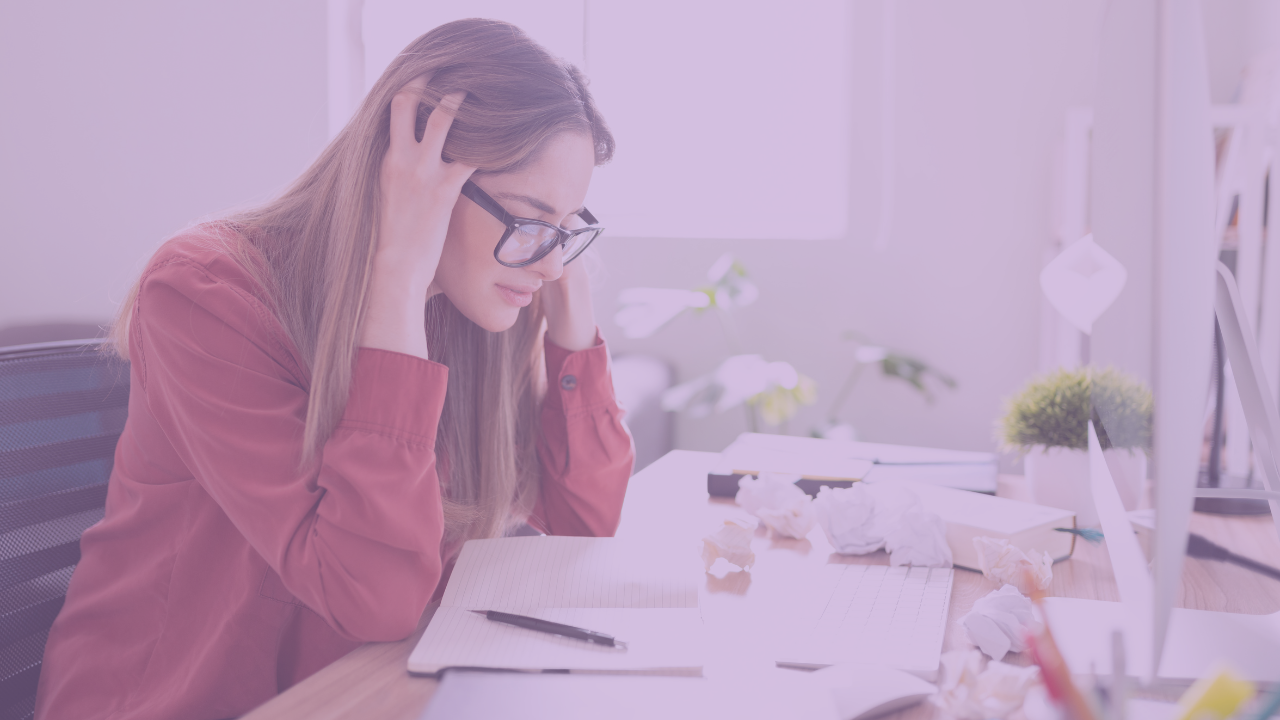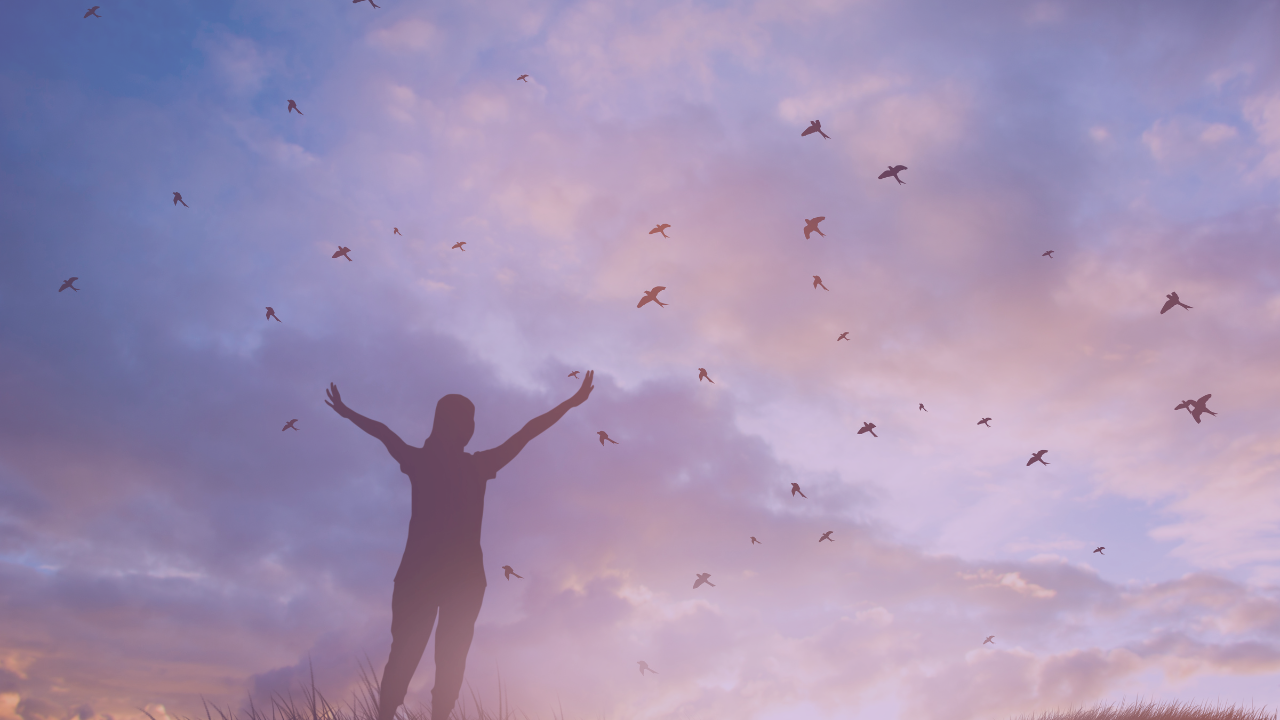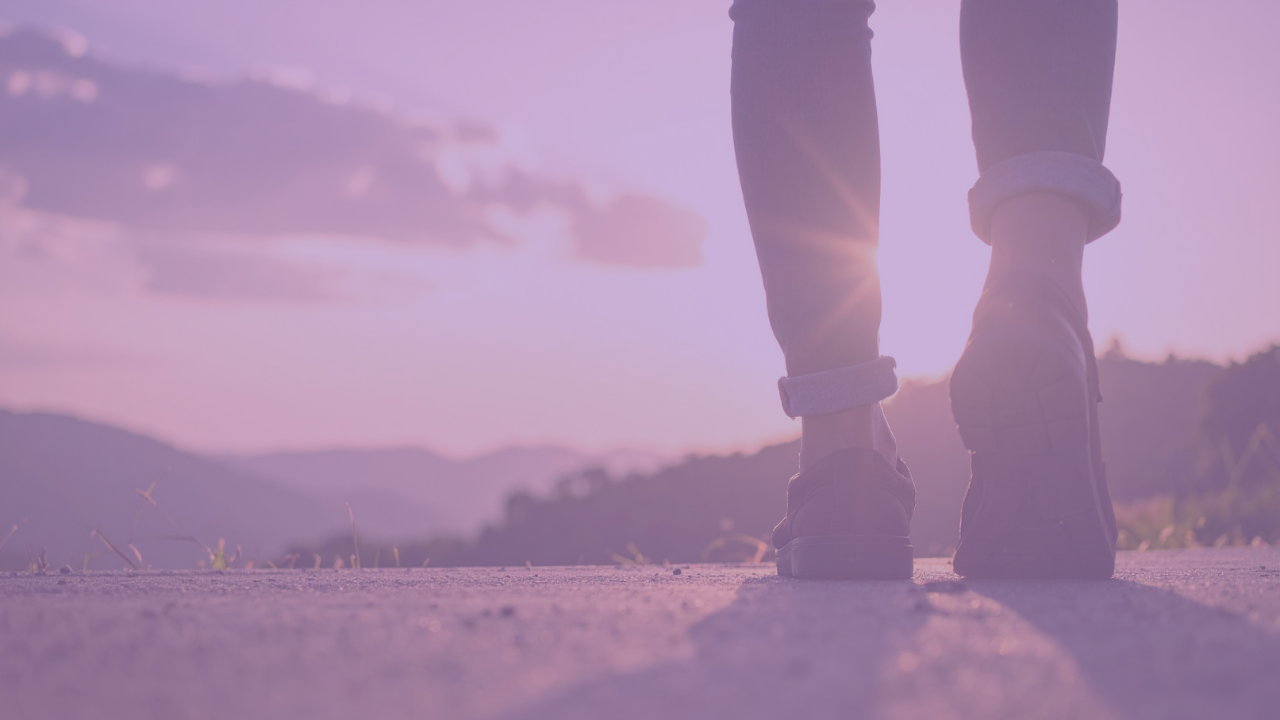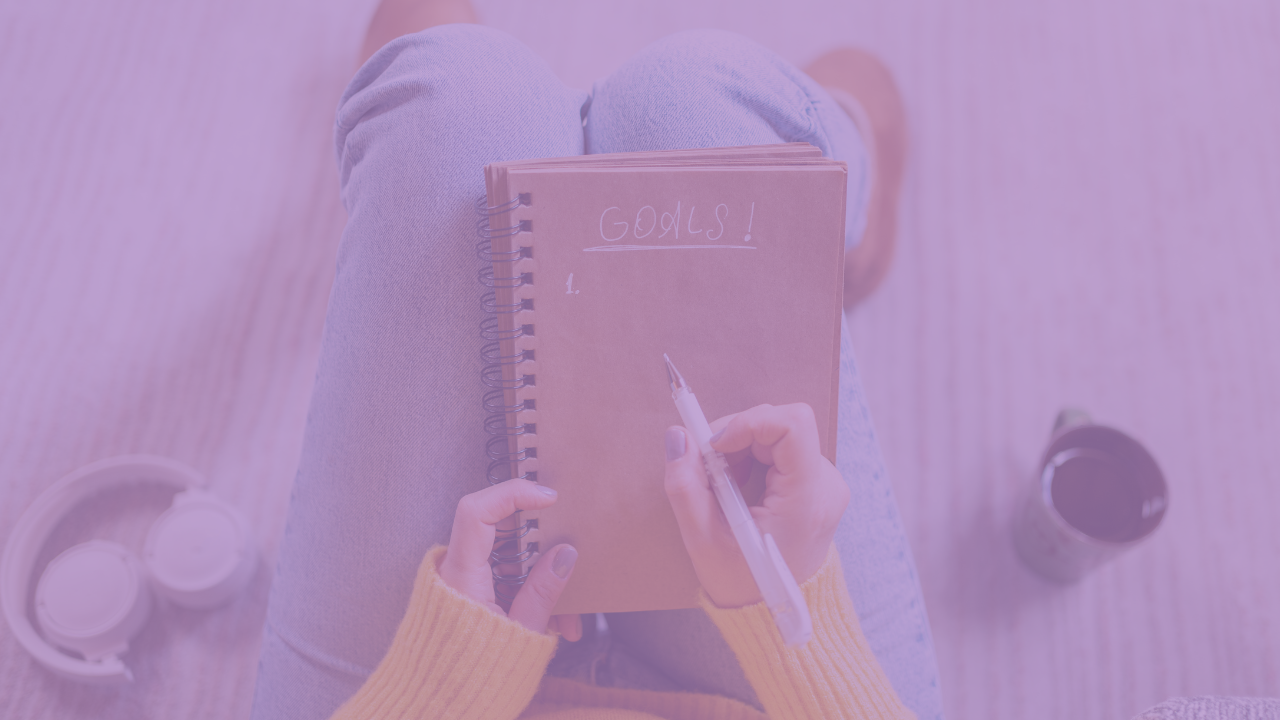“Trust yourself. You know more than you think you do.”
—Benjamin Spock
There’s a quiet moment that comes before you speak, before you act, before you say yes or no. It’s the moment when you feel something rise inside you—an instinct, a knowing, a subtle nudge.
And sometimes, just as quickly, doubt follows and intervenes before you act. You hesitate. You check yourself. You look outward for confirmation. And in that split second, the original truth gets buried under a cascade of questions.
Maybe you know what I mean. Maybe your body has told you clearly what’s right for you—only to be silenced by the louder voice in your head asking, “But what if you’re wrong? What will people think?”
This is the ache of second-guessing. Not because you’re indecisive, but because somewhere along the way, you learned not to trust yourself.
The Erosion of Inner Knowing
Self-trust doesn’t disappear overnight. It fades gradually, often in environments that ask you to trade your truth for belonging. Perhaps self-trust erodes because there was no room for your needs and you adopted the belief that you don’t matter.
Maybe you were praised for being agreeable, easy, undemanding. Maybe you were dismissed when you showed emotion, or told you were too sensitive, dramatic, reactive. Maybe love felt safest when you were accommodating, and dangerous when you had a boundary or an opinion.
Or maybe your role in the family was the peacekeeper. The one who didn’t rock the boat. The one who learned it was safer to question yourself than to challenge someone else.
These aren’t failures of character. They are adaptations. Smart, nuanced, nervous-system-informed strategies to stay safe in environments that didn’t honor your full expression.
Over time, those survival strategies can calcify into personality. You begin to believe that your self-doubt is who you are, instead of something you learned to do.
The Cost of Always Looking Outside Yourself
The more you rely on others to affirm what you feel, the further you drift from the steady compass inside you. And yet—even in the swirl of confusion—your inner knowing doesn’t go away. It becomes quiet. Subtle. Easy to override, but never fully lost.
That’s the thing about intuition: it doesn’t shout. It whispers. It communicates through the body, through sensation, through those first few seconds before the “shoulds” and the what-ifs rush in.
You may find yourself replaying decisions. Obsessively checking whether you were too much, too little, too late. You may talk yourself in and out of things so many times that you forget what you knew in the first place.
But none of this means you’re broken. It means you’ve learned to fear being wrong more than you’ve learned to trust your own truth.
Returning to the Voice Within
Self-trust is not about always being certain. It’s about being willing to listen.
It’s a slow, relational process—one that often begins with simply noticing when you override yourself. Noticing when you ignore your hunger, your exhaustion, your anger. Noticing when you say yes while your body says no. Noticing the pattern not to shame it, but to become familiar with what it feels like when you disconnect from yourself.
You may begin to hear that inner voice again. At first, it might sound like a whisper. Like a memory returning. Like a moment of clarity before the storm. You might not know what to do with it yet—but the fact that it’s there is proof that your inner knowing never left. It’s still waiting. Still intact. Still yours.
And over time, with presence and compassion, you begin to respond. You speak your truth out loud. You honor your body’s signals. You make a decision that feels good even if no one else agrees. You pause long enough to ask, “What do I know to be true?”—and then you let that answer guide you, even if it doesn’t come with immediate certainty.
You Don’t Have to Earn the Right to Trust Yourself
It’s not something you prove. It’s something you reclaim.
There will still be moments when the old habits come back. When self-doubt feels safer than self-ownership. But the difference now is awareness. You know what it costs to abandon yourself. You know what it feels like to override your body’s wisdom. And that knowing is what begins to set you free.
Self-trust doesn’t mean you’ll never feel uncertain. It means you’ll stay with yourself through the uncertainty. You’ll choose to be your own ally, even when fear or confusion arises. You lean into the knowing that you are resilient and can handle the challenges life presents to you.
Because here’s the deeper truth: You don’t second-guess yourself because you don’t know. You second-guess yourself because you’ve forgotten that you already do. You second-guess yourself because it was safer to be small and agreeable in the past.
A Practice to Reconnect
If you’re ready to soften the voice of doubt and remember the deeper truth of who you are, I invite you to build self-trust with this gentle practice: Meditation to Develop Trust and Connect with Your Truth.
Let it be a space where your inner voice is not questioned, but welcomed. A reminder that your truth is not something to be earned—it’s something you can return to, again and again.
Go Deeper: Rebuild Self-Trust From Within
My book, You’re Not Broken, was written for moments just like this—when you want to believe in yourself but keep questioning your worth.
Inside, you’ll find gentle tools and hypnotherapy practices to help you reconnect with your inner wisdom and begin living from a place of trust, not fear.
You already know more than you think. Now’s the time to believe it.







